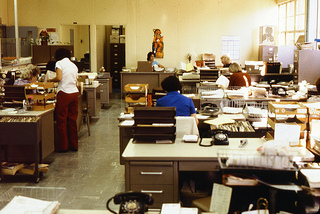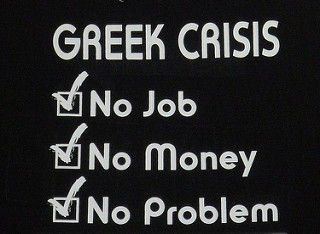Where Do Auditors Fit into the Procurement Process?

Auditors are very important to the procurement process. They play a big role in preventing fraud and ensuring proper spending. Most auditors have skills that are quite beneficial to the procurement process, but how involved should they be in making decisions and policies?
Auditors in Federal Procurement
Larry Allen, founder of Allen Federal Business Partners in Arlington, says, “Auditor functions cost the government time and money, in addition to saving it.” The Professional Services Council conducted a study among government procurement officials at the federal level and found that auditors often have a strong influence on procurement decision-making. According to the survey, most professionals feel that they have to take the advice of auditors, even when they don’t agree, and that their involvement creates lags in the procurement process.
Recent Examples
The FedRAMP program, proposed in early 2010, is still not serving its designated purpose. The program gives government agencies easy access to cloud technology solutions. Approved providers may register with FedRAMP, eliminating the need for each agency to complete certification and security checks when they shop for a cloud service.
Auditors involved in the project, however, have raised the demands placed on prospective service providers. “One company security plan went from 80 to over 1,000 pages once the auditors got involved,” according to one commentator. As of the end of 2012, there are still no approved contractors participating in the program.
How Auditors Improve Procurement
Auditors best fulfill their role in the supply chain by monitoring past procurement activity. Audit reports can help procurement officials streamline their strategies and can pinpoint fraudulent or questionable transactions. The results of a recent US Marshals Service audit found several instances of this sort. The report cited the office for failing to follow mandatory guidelines for 31% of purchase documentation and for not obtaining advance approval for 20% of purchases, including two fully automatic firearms.
Auditors are undoubtedly important to procurement, especially in the public sector where taxpayer money is at stake. But auditors who have too much control over the active decision-making process can often do more harm than good.








